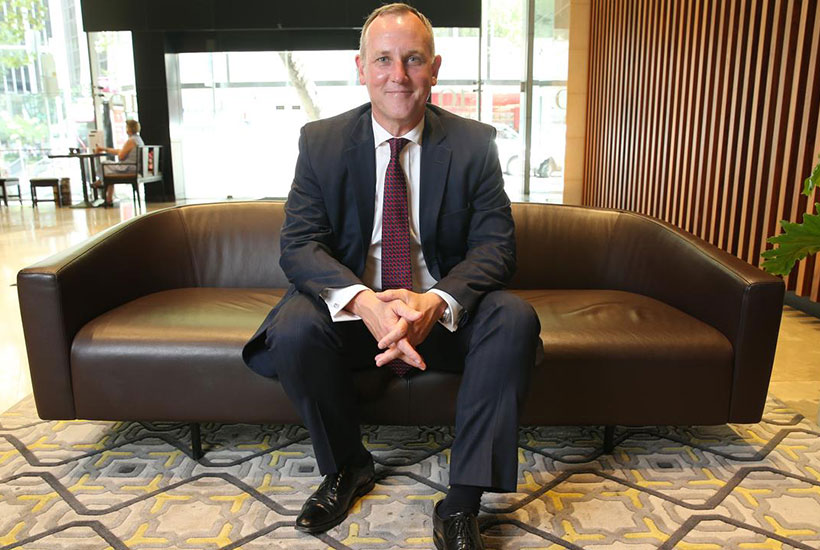A commercial property private lending boom could be on the horizon

One of the nation’s largest non-bank corporate lenders backed by a string of superannuation funds, Metric Credit Partners, says private lending to commercial property projects has emerged as a proven alternative asset class during a year of volatility and the firm is gearing up for strong growth in the months ahead.
Metrics provides loans to major Australian companies to fund acquisitions, working capital, expanding and purchasing assets, completing infrastructure projects or for commercial property investment, acquisition or development.
While these types of loans were traditionally provided by big banks, non-bank lenders such as Metrics have grown to fill the void. It now has more than $4bn from superannuation funds that it has loaned to corporates.
Its backers include Statewide Super SA, Tasplan Super and Catholic Super.
In June, Australia’s Industry Super Funds earmarked close to $20bn for infrastructure projects as part of a plan to drive the nation’s economic recovery. They already collectively own $80bn of infrastructure and property assets.
Billionaire packaging magnate Anthony Pratt has previously highlighted the opportunity for super funds to generate more stable returns by lending to Australian companies rather than just investing in equities.
Former prime minister Paul Keating had also called on super funds and banks to work together to lend to small and medium-sized enterprises to create a sizeable corporate bond market and provide an alternative investment destination for retirees.
Metrics managing partner Andrew Lockhart said the group was in ongoing discussions with more super funds to provide lending to corporates, especially given that the strong recent run in the sharemarket had reduced their need for liquidity.
More broadly, he said investors seeking alternative sources of yield were recognising that investing in directly originated private loans to Australian companies could generate an important source of alternative income.
“Investors are better investing in a vehicle that aggregates capital that effectively gives you power in a negotiation,” Mr Lockhart said. “I think that private debt is an alternative asset class that is clearly demonstrating some attractive features for investors.’’
Thirty-five to 40 per cent of Metrics’ portfolio is focused on commercial property transactions, mainly in Sydney and Melbourne.
“The demand in the construction and building sector has been very high,” Mr Lockhart said.
“We have seen no material slippage in terms of delays. Our development clients are continuing to report good sales at or above prices they were seeking. They have built properties, they have sold them and they are occupied.”
He said Metrics actively managed the potential downside risks in its portfolio and the potential for loan restructures, defaults or a capital loss during COVID-19.
“I don’t think simply because a company wants to challenge or make a change to a facility you as a lender are at risk of losing money. If a corporate wants us to take on more risk, they have to find more capital or pay a higher price,’’ Mr Lockhart said.
“Across 150 borrowers, we have about 20 that have required us to negotiate amendments or changes to our facilities.
“We are always in the market looking to lend and to find good opportunities.”
Three years ago Metrics launched Australia’s first ASX-listed corporate loan fund and the nation’s largest credit LIT, the MCP Master Income Trust (MXT). MXT invests in a diversified portfolio of about 150 loans to Australian corporates, with the interest and fees paid by borrowers delivering monthly income for investors.
Since inception, MXT has delivered a net return to investors of over 5 per cent, well above its target of 3.25 per cent over the RBA cash rate.
In January MXT abandoned a capital raising seeking up to $638m due to what it termed “extreme market volatility”.
This article originally appeared on www.theaustralian.com.au/property







